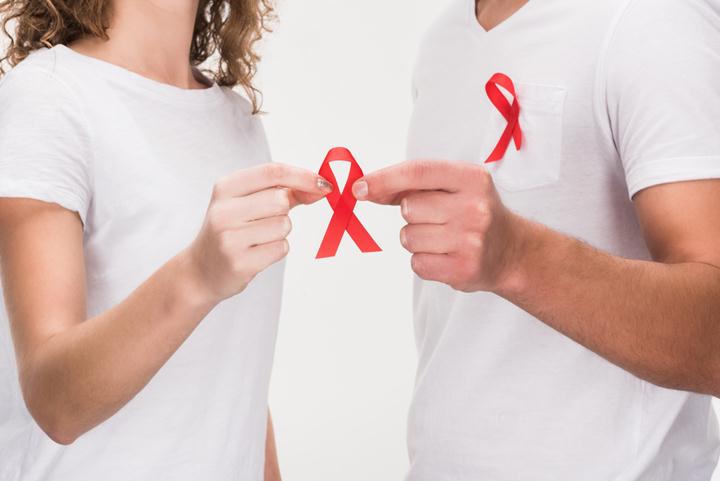Do you suspect you might have contracted HIV? The most surefire way to determine infection is to get an HIV test, but there are also some signs and symptoms that may point to HIV.
After a couple of months of exposure to the virus, 50-90% of people exhibit symptoms akin to the flu which is defined as the acute retroviral syndrome, or ARS for short. However, there are cases where people do not exhibit HIV symptoms for up to a decade after they have become infected. It is of utmost importance to get tested on a regular basis, particularly if you do not have safe sex with multiple sexual partners or are an intravenous drug user.
Here are some signs and symptoms that may point to an HIV infection.
Having a Fever
A moderate fever of around a maximum of 102F can be one of the primary signs of the acute retroviral syndrome. This fever is usually coupled with some other flu-like symptoms such as a strep throat, fatigue, and swollen lymph nodes. These symptoms are due to an inflammation caused by an impaired immune system.
Feeling Fatigued
The inflammation brought on by your impaired immune system can also lead to lethargy. Feeling fatigued can be an HIV symptom that occurs in both early and advanced stages.
Having a Sore Throat and Headaches
These two symptoms can usually only be ascribed to ARS when they are accompanied by other early signs of the infection. If you have recently taken part in a high-risk activity, getting an HIV test should be your first step.
Experiencing Muscle, Joint Pain with Swollen Glands
The early signs of HIV are often thought to be related to the flu, a viral infection other than HIV, or even mono, hepatitis, or syphilis. This is understandable given that some of the early symptoms of HIV are alike the ones caused by such conditions, including joint and muscle aches and inflamed lymph nodes. Lymph nodes are connected to the immune system ergo get affected when the body is attacked by an infection. Most lymph nodes are found in the neck, armpits, and groin.
Breaking Out in Rashes
Rashes may appear both in the early and advanced stages of the infection, typically experienced as pink, itchy areas on the arms or upper body.
Experiencing Nausea and Diarrhea
At the early stages of the infection, up to 60% of those with HIV experience temporary nausea accompanied by vomiting and diarrhea. An infection can also bring on these symptoms in advanced stages of the infection.
Getting Night Sweats
Approximately 50% of individuals experience nights sweats in the early phases of the infection. Night sweats unrelated to physical exertion or room temperature can continue as the infection progresses to advanced stages.
Featured Image: depositphotos/VadimVasenin




